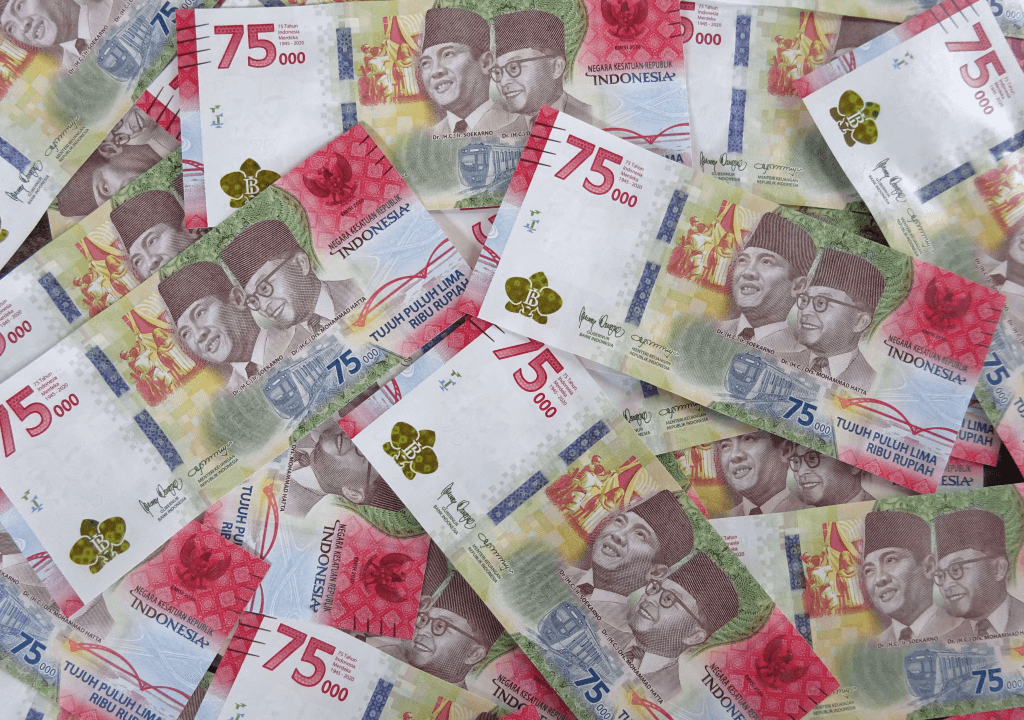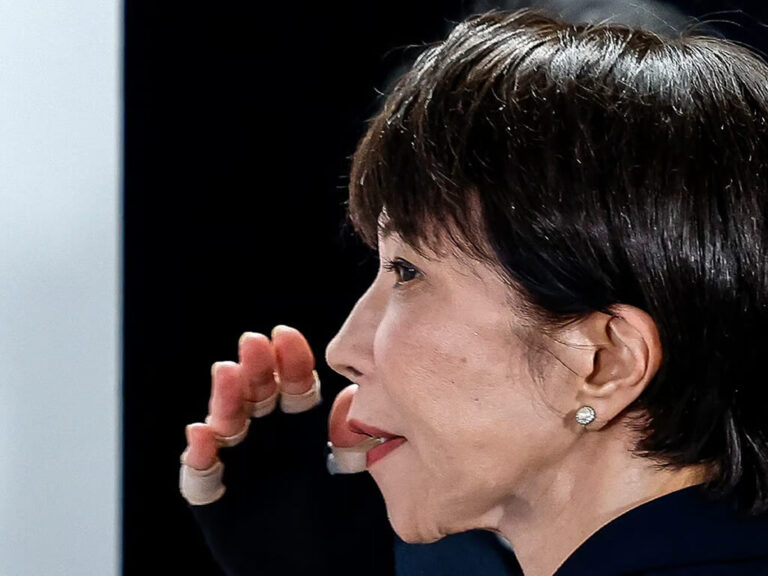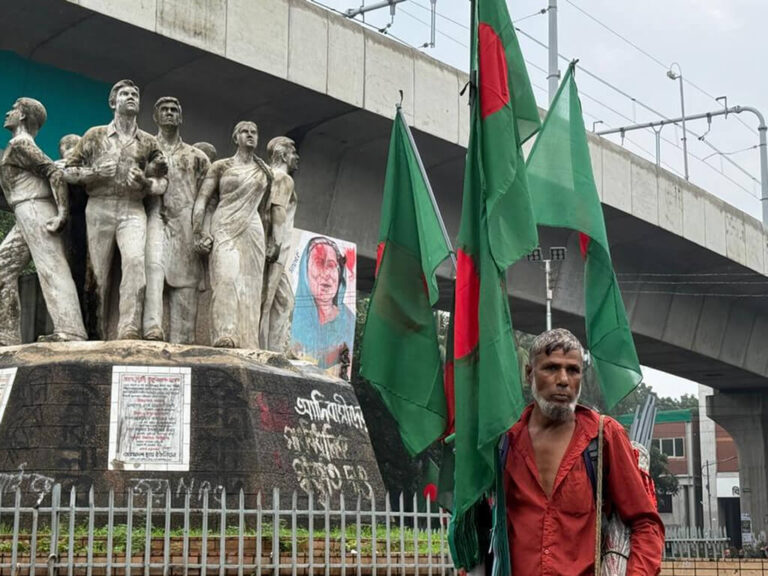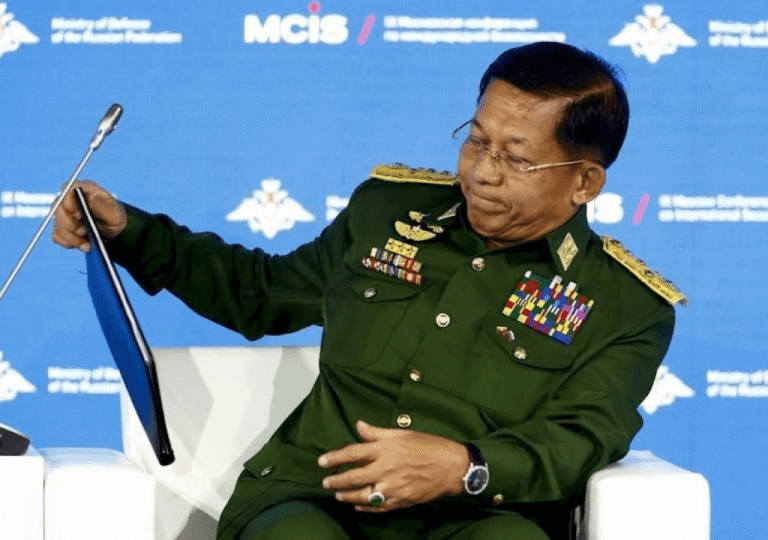The most important aspect of democracy is elections. A strong democratic nation is created by transparent democratic elections. Fair elections are thus a basic obligation of every democratic nation. However, elections are no longer an easy procedure in modern times. In countries like Indonesia, which has 200 million voters, elections are costly and often detrimental to a country’s booming economy.
The Indonesian Government earmarked Rp 25 trillion (approximately USD 1.7 billion) for election preparations in the fiscal period of 2022–2023. More than half of this budget was allocated to the General Elections Commission, while the majority of the remaining funds were directed to the General Election Supervisory Agency. Hasyim Asyari, Chairman of the General Election Commission (KPU), highlighted the substantial cost involved in printing legislative ballots, amounting to over Rp 800 billion. With additional funding anticipated for the upcoming fiscal year. Among the realized expenditures, Rp 20 trillion has been deployed for election logistics and preparatory tasks managed by the General Election Commission (KPU) and the Election Oversight Body (Bawaslu). Additionally, an allocation of Rp 3.4 trillion has been designated for election security, dissemination efforts, and publications, involving various ministries and state agencies.
Globally, democracies are grappling with concerns over the escalating costs of elections. Efforts are being made worldwide to alleviate the economic burden associated with these processes. For instance, Malaysia has initiated movements like mandatory tenure completion to address these concerns. Despite the global discourse on cost reduction, Indonesia faces the challenge of balancing the financial demands of a crucial election with the imperative of upholding democratic principles.
Though Important Indonesian officials have confidence in the spending. The Coordinating Ministry for Economic Affairs’ Secretary, Susiwijono Moegiarso, is expecting the cost can be balanced by the country’s economic growth in the duration. He expressed hope that Indonesia’s economic growth would be positively impacted by the general elections in 2024. He cited the strong economic growth of 2023 and predicted an even stronger performance in 2024, attributing it to the approaching elections on February 14, 2024, when speaking at the Investor Trust Economic Outlook 2024 event.
Moegiarso pointed out that Indonesia had sustained growth of over five percent for eight consecutive quarters until the third quarter of 2023. Emphasizing the historical trend, he explained that election periods traditionally stimulate domestic economic activity through increased government spending and consumption, particularly by non-profit institutions serving households. The activities during the election period are expected to contribute to a rise in the real gross domestic product (GDP) and expedite money circulation.
In addition to the election-driven optimism, Moegiarso outlined the government’s development agendas for 2024, supported by state budget (APBD) policy. The government has also devised fiscal policies to accelerate national development targets and priorities. The ongoing economic transformation agenda includes down streaming natural resources, mining, and food products.
Furthermore, Moegiarso noted that national economic solidarity is bolstered by positive growth in consumption and investment in gross fixed capital formation (GFCF). As Indonesia looks ahead, the combination of election-driven economic momentum and strategic policies positions the country for continued economic strength.
It’s true that democracies lose money when holding elections, but this money will go toward boosting economic activity, which is beneficial for the economy. Furthermore, the policies that the democratically elected government is dedicated to implementing benefit the economy more broadly. Hence, in the long run, democratic elections are mandatory, election expenses are a reality, and policies by democratic governments lead to prosperity.








